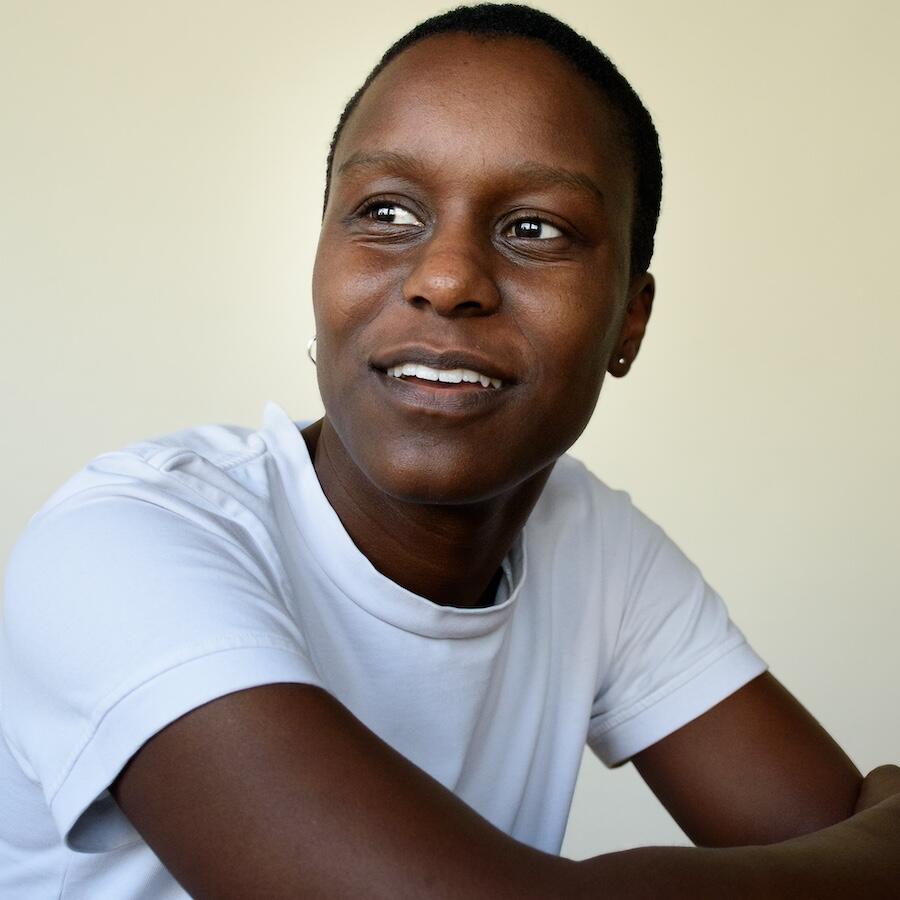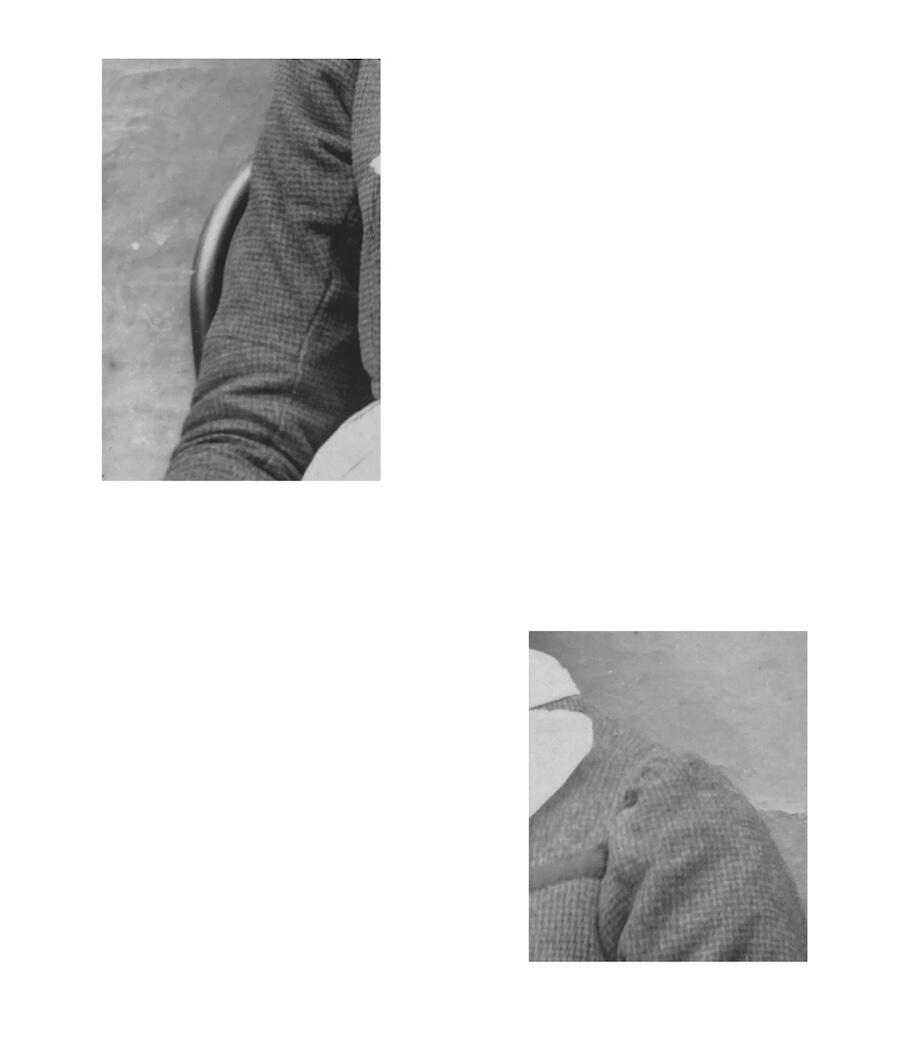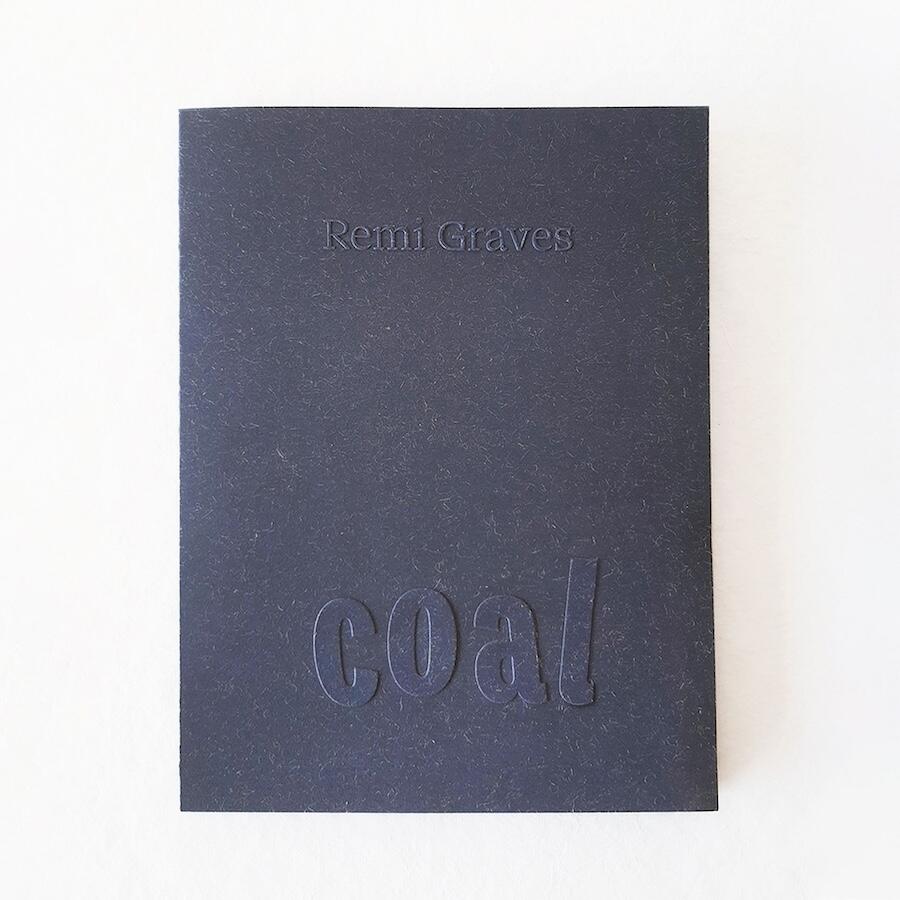Remi Graves Interrogates the Fragments of a Life
The Prototype Prize short-form category winner traces early 20th-century trans histories through institutional archives and poetry
The Prototype Prize short-form category winner traces early 20th-century trans histories through institutional archives and poetry

The Prototype Prize, established in 2024, celebrates writers and artists at the intersections of literary and artistic forms. Run by Prototype Publishing and Monitor Books in collaboration with frieze magazine, it included categories for book-length and short-form works. Bhanu Kapil, Tom McCarthy and Elizabeth Price judged the inaugural year. frank r jagoe won the book-length category for Significant Others, which will be published by Prototype Publishing in November 2025, while Remi Graves won the short-form category for coal. The prize was run in conjunction with an adjacent development programme in partnership with New Writing North. It has been supported by Shane Akeroyd, Sadie Coles and Emmanuel Roman, and by public funding from Arts Council England.
This is an extract of Graves’ coal, a sequence of poems responding to the author’s archival encounter with Paul Downing, a Black Cherokee trans man arrested and institutionalized in London in 1905. Through Downing’s absence, Graves writes from and into the archive, mapping resonances between selves across historical records. coal interrogates what we do with the scattered fragments of a life.

FIELD NOTE
I’m sitting at my desk. The screen is red. Blurred shadows move slowly. It takes me a while to realise I'm watching a video, not a photo. There are chants in the background that make me think my little corner of town is having its own trans pride, a week after the big one. And no one thought to tell me? The chants are in fact coming from my computer. The pulsing red of my screen is an accidental pocket recording. The voices are a week old, a ghost song of people shouting for trans lives and commemorating trans deaths. The orange of my trousers is red on my phone. More alive somehow, like the colour behind closed eyelids when looking at the sun.
We first meet in 2016, at a talk about the archive and queer detectives, presented by Ama Josephine Budge and Campbell X. They share a photo taken in 1905 of Paul Downing, a black transmasculine person institutionalised at the City of London Asylum. I take a photo of the image on my phone, whilst swallowing all the resonance I feel, and make a silent promise to forget him. I’m not ready to talk. But I don’t delete the photo.
Six years later and less afraid, I start thinking of Paul again. He swims into my mind so often that eventually I start looking for him. We meet again in July 2022. I'm at the London Metropolitan Archives, holding the City of London Asylum casebook in my hands. My heart trembling, my hands beating and the photo speaking, calling. Because of Paul’s gaze, because of his defiance, because of the life in him, because because… I return to the archive for a few weeks, trying to decipher the doctor’s messy cursive, trying to glean a life, beyond the pain and solitude. Across that year I return a few more times, looking for more details, finding tiny new slivers of information about the City of London Asylum where Paul was incarcerated, until his death on 21st June 1906. There are plans of the building layout, the chaplain’s diaries, details of Paul’s arrest and his consequent incarceration in the men’s ward of the City of London Union Infirmary on Bow Road infirmary, before he was moved to the women’s ward of the asylum, but nearly nothing about Paul before his arrest. No record of his life as he lived it.

The story goes that in September 1905 Paul was stopping omnibuses on Blackfriars Bridge in search of his wife. He was arrested by the police, charged as a ‘wandering lunatic’ and placed in the Bow Road Infirmary. Items found on Paul after his arrest included a knife, a bible, a comb, tobacco and a pipe. Paul’s sex was discovered some days later and he was transferred to the women’s ward of the City of London Asylum in Dartford. He died there nine months later.
Paul hailed from North Georgia, and was a Black Cherokee possibly born in 1875. I don’t know if he was a Cherokee freedperson, or if he had to leave the USA at a time where acceptance into the Cherokee Nation was not guaranteed for the formerly enslaved and their descendents. Paul worked on ships, as a labourer and travelled throughout Europe. Beyond these fragments of information, there are no available traces of Paul’s own personhood, and very little about him in his own words. What I come across in the newspaper articles, doctor’s records, the infirmary register and even recent scholarship on Paul, are instances of relentless misunderstanding.

I want to imagine Paul’s life before we meet him in the archive, to float on frictive fictional memory. Whilst images come to me – him playing as a child, him in a field somewhere smiling, him in his wife’s arms – mostly I fail. Instead I film Blackfriars Bridge, through my favourite blue jacket. I film the water, the height, the old red pillars of the original bridge, from a pocket in my fluorescent lime yellow t-shirt. Hues of vibrant refusal. A lo-fi filter for how I want to imagine Paul and speak to him. I look for talismans, clues, snippets of prayer and connection. I follow the thread of obsession that brings me back to Paul always, when time is my own. I write poems, experiment, to leave a trace of all that cannot be found in the archive. All that can be felt, despite everything I can’t know.
I’m typing amidst a creeping fascist heat. The supreme court wants to legislate our bodies into oblivion and governments across the globe are marching us into an increasingly hostile environment. I’m looking back at Paul as the clock seems to be winding itself back. Yet the surge of energy I feel when both our times touch keeps me writing. Which one is yearning for the other? I pray to Paul and for Paul, though I have never really prayed before. I visit the cemetery where he is buried, behind a padlocked gate, underneath overgrown weeds, unmarked, unfindable but present. I leave some flowers for Paul, for me, for us.
Remi Graves' coal is published by Monitor Books with a book launch at Camden Art Centre, London, on 15 July
Main image: Remi Graves, untitled (detail), 2024. Courtesy: Remi Graves and Monitor Books




















